On the eve of the all-important Michigan presidential primary election, President Joe Biden expressed hope for a ceasefire in the Israel-Hamas battle that has been raging since October. This pause would greatly mollify “uncommitted” Arab Democrats who have expressed their ambivalence toward Biden due to his close alliance with Israel and overall support of Israel’s actions in Gaza, which have displaced millions of Palestinians.
Ceasefire In Time for Ramadan

In a televised interview, Biden said he is optimistic about the prospects of a ceasefire agreement between Israel and Hamas. He believes that a temporary halt to the ongoing hostilities, including provisions for the release of hostages, could be established by the beginning of next week, notably in time for the start of the Muslim holy season of Ramadan.
Ceasefire Negotiations Underway
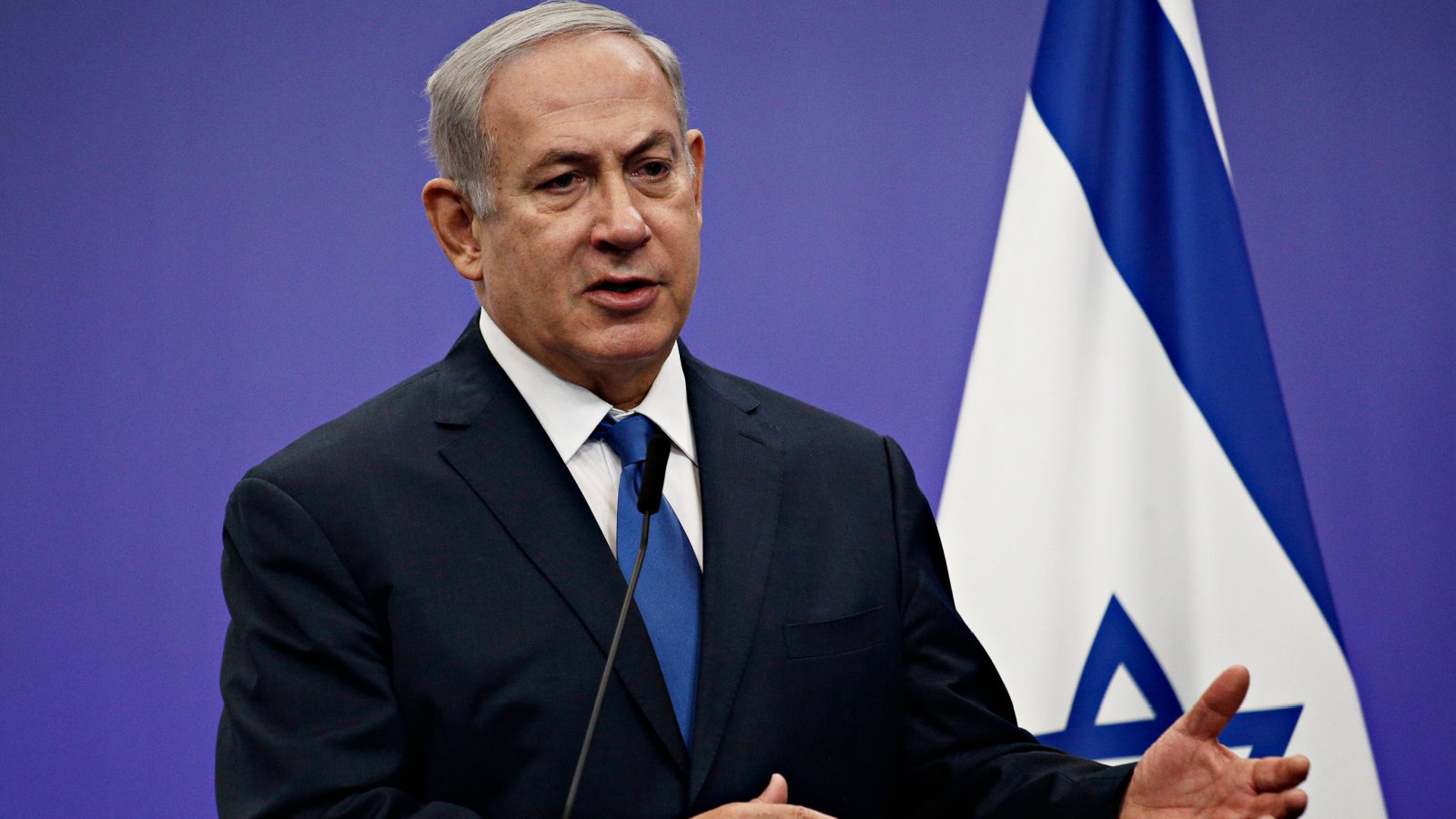
Negotiations are actively taking place to establish a ceasefire that would pause the conflict between Israel and Hamas. This proposed truce aims to facilitate the exchange of hostages held in Gaza for hundreds of Palestinian prisoners. The duration of this ceasefire is suggested to be six weeks, providing a respite ahead of Ramadan, a period traditionally marked by heightened tensions.
Aiming for a Timely Agreement
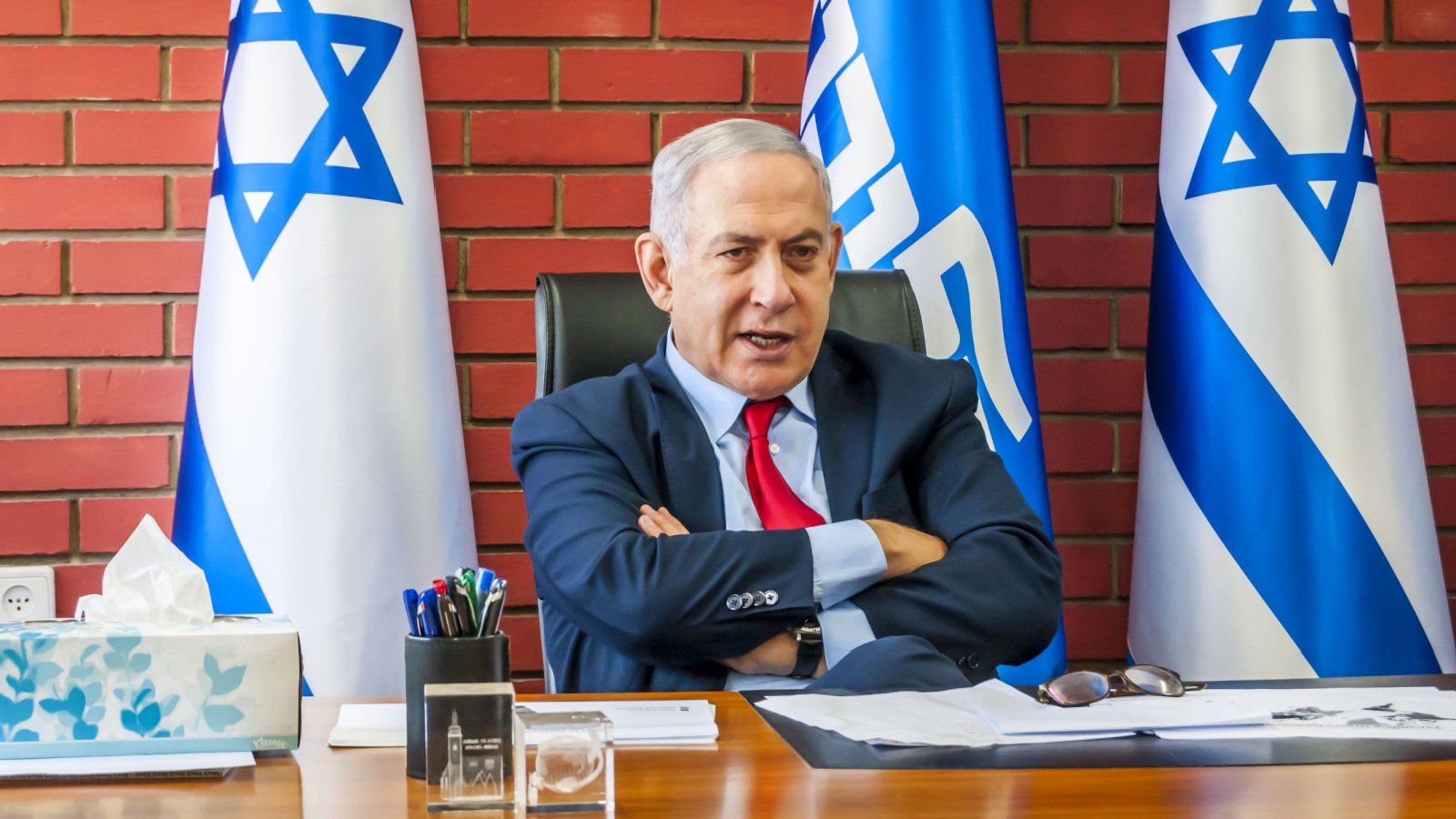
The timing of the ceasefire is crucial as negotiators are racing against time, with the start of the Muslim holy month of Ramadan looming. This period is historically known for increased Israeli-Palestinian tensions, making the need for a ceasefire even more pressing.
Humanitarian Aid as a Priority
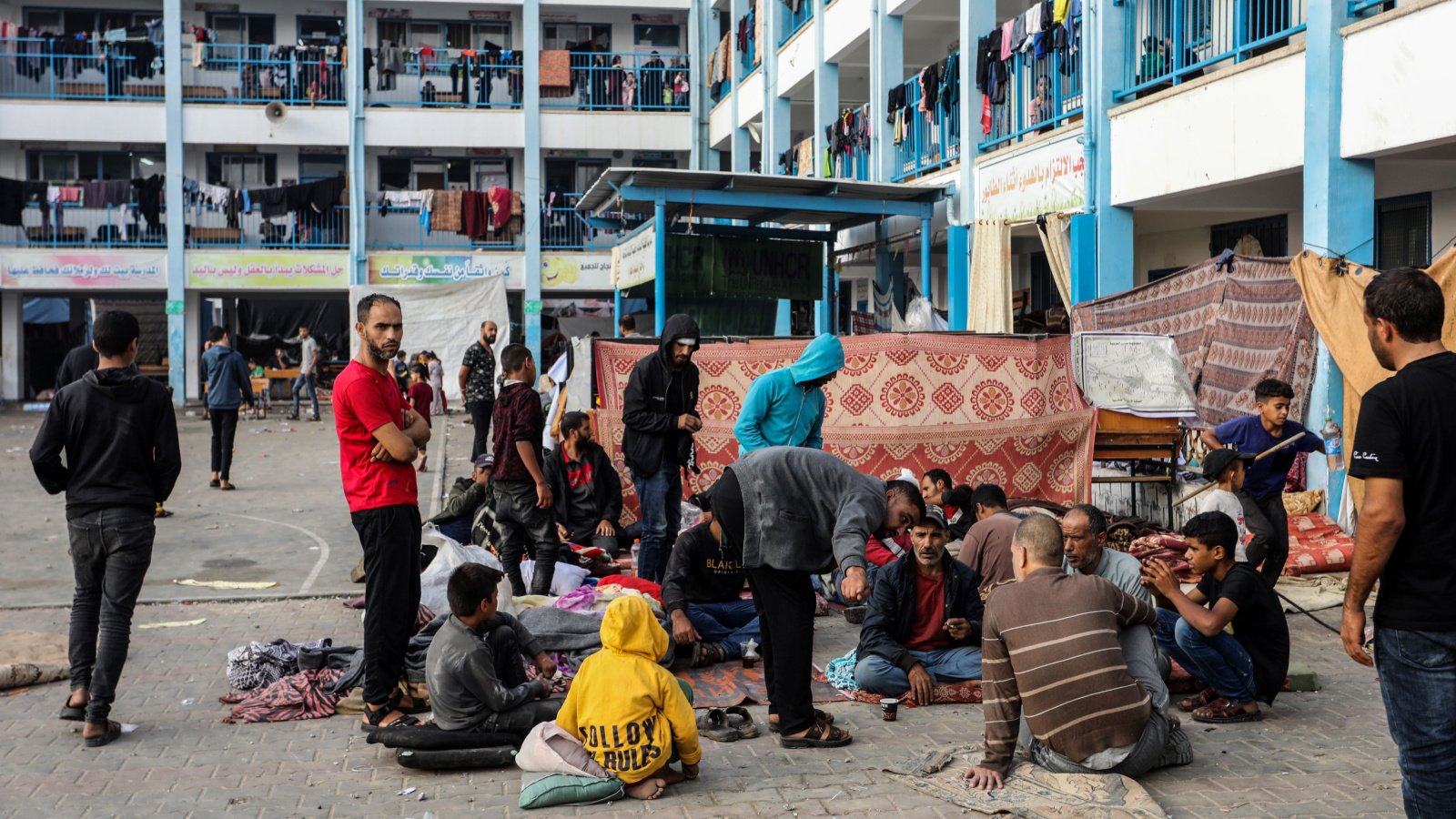
Part of the ceasefire discussions includes plans to deliver humanitarian aid to Gaza. Hundreds of trucks loaded with essential supplies would be allowed into Gaza daily, addressing the severe humanitarian crisis that has unfolded in the region.
The Urgency of Ramadan
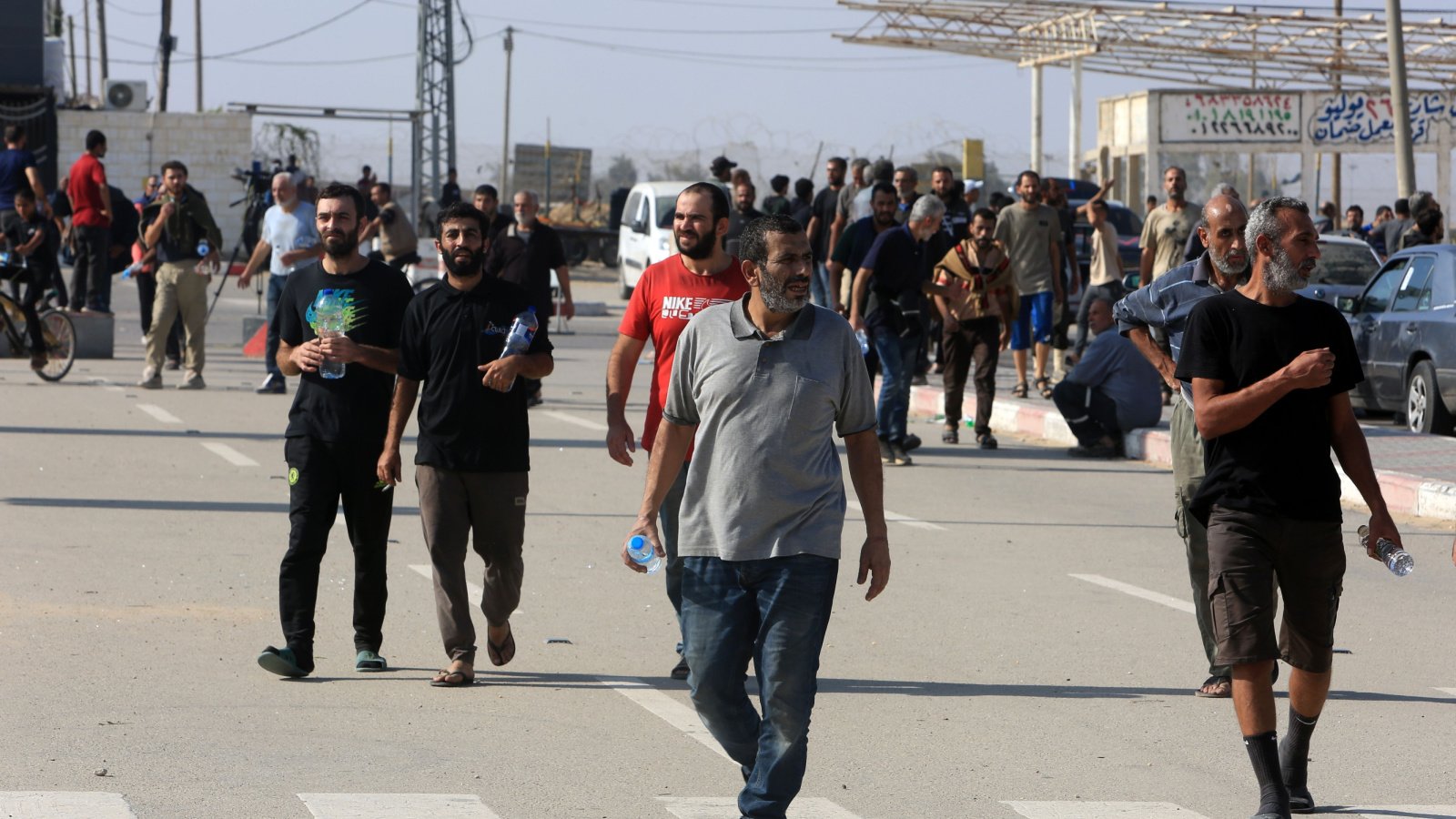
The approaching Ramadan adds an element of urgency to the ceasefire negotiations. Both sides are aware of the significance of reaching an agreement before this holy month begins, hoping to prevent further escalation.
International Concern Over Compliance
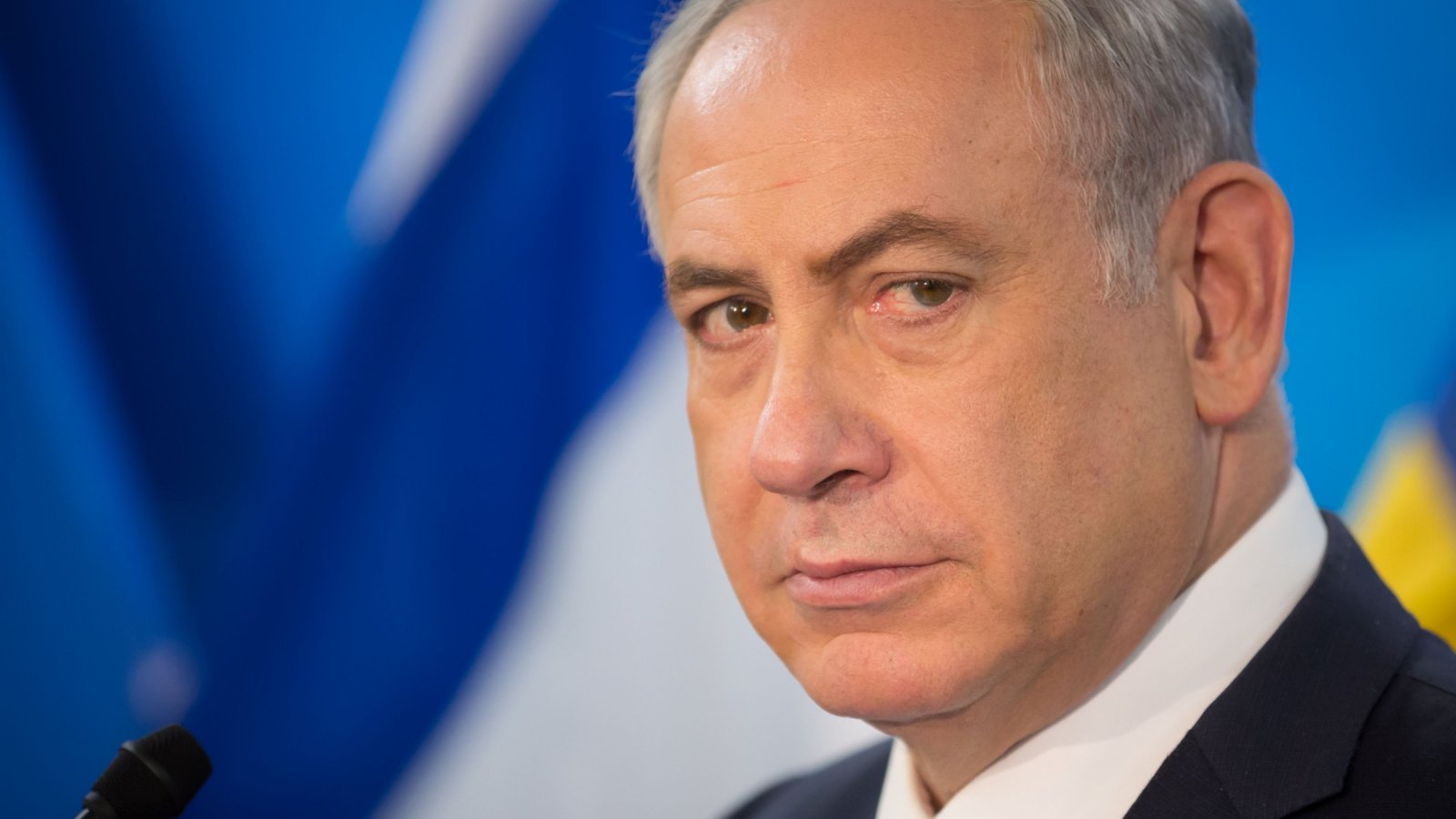
Recent reports from Human Rights Watch have highlighted Israel’s failure to comply with a United Nations directive to aid the desperate civilians in Gaza. This has raised international concerns and emphasized the importance of adhering to humanitarian laws and directives.
The Humanitarian Crisis in Gaza
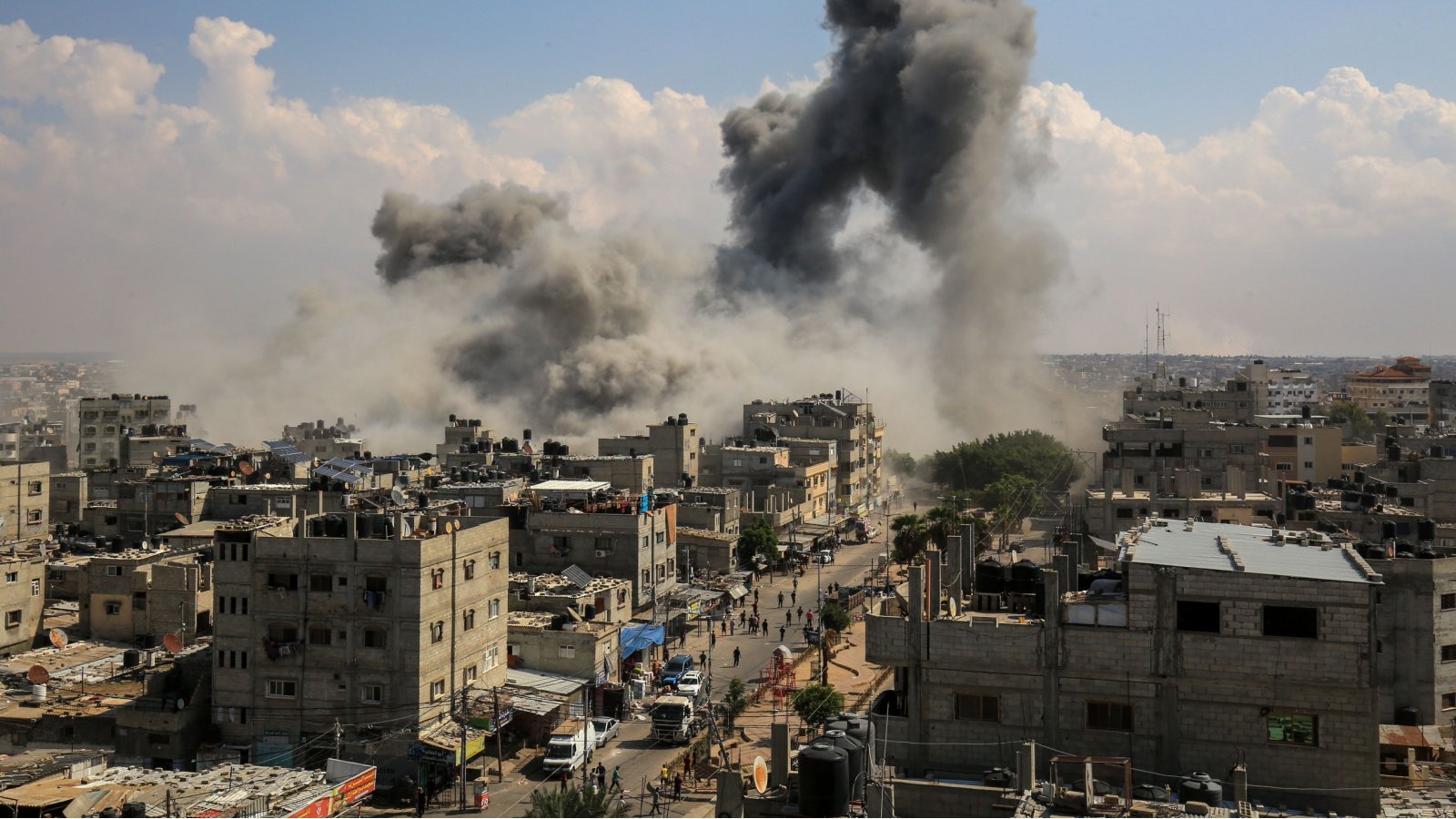
The conflict has had a devastating impact on Gaza, leading to significant displacement and suffering among its population. Reports of starvation and limited access to essential services have underscored the dire situation in the region.
The Call for a Ceasefire
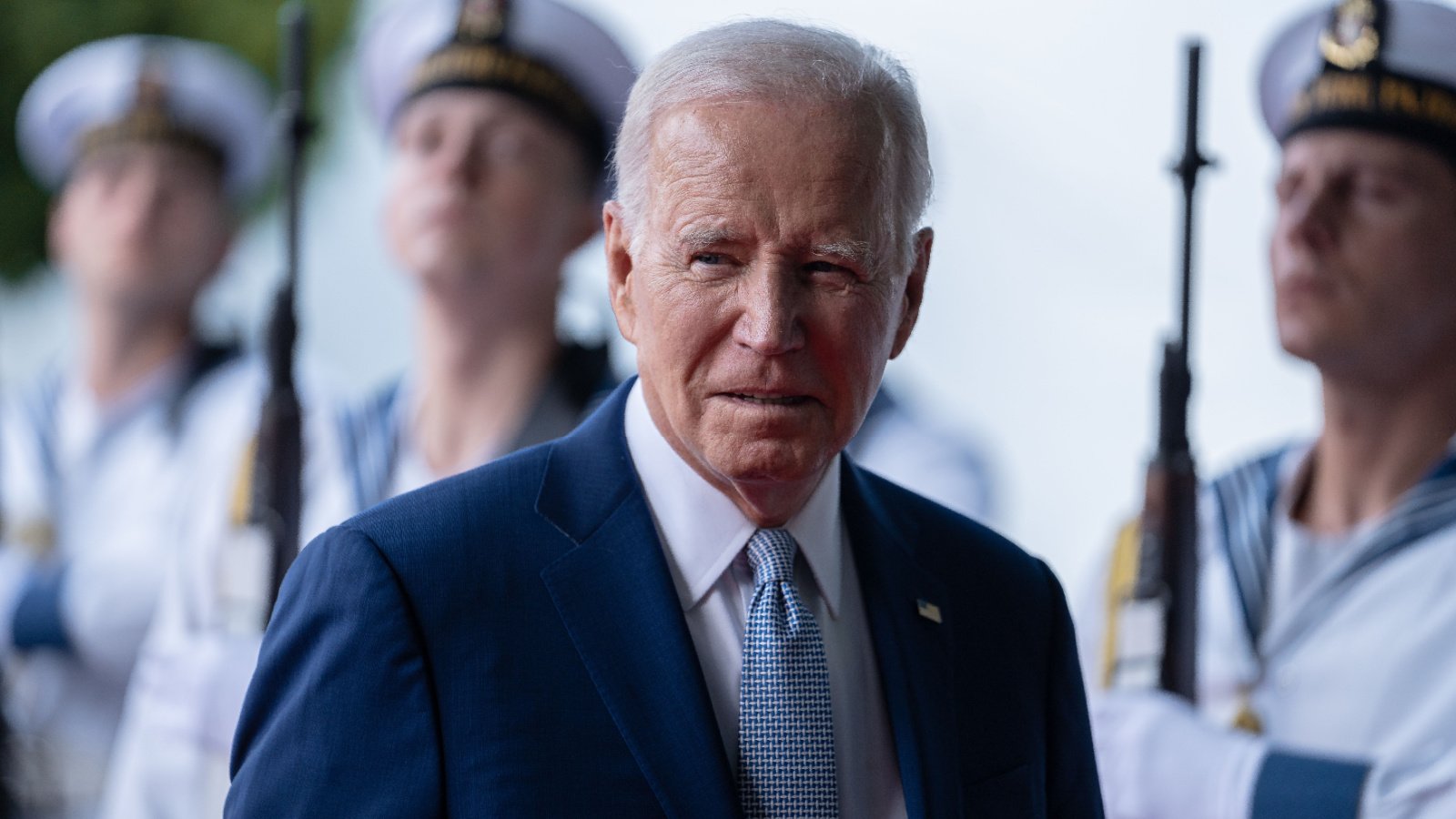
The international community, including the United States, is closely watching the developments and is advocating for a ceasefire. The hope is that a temporary halt in hostilities will significantly reduce violence and allow for the delivery of much-needed humanitarian aid.
Ongoing Conflict and Its Impact
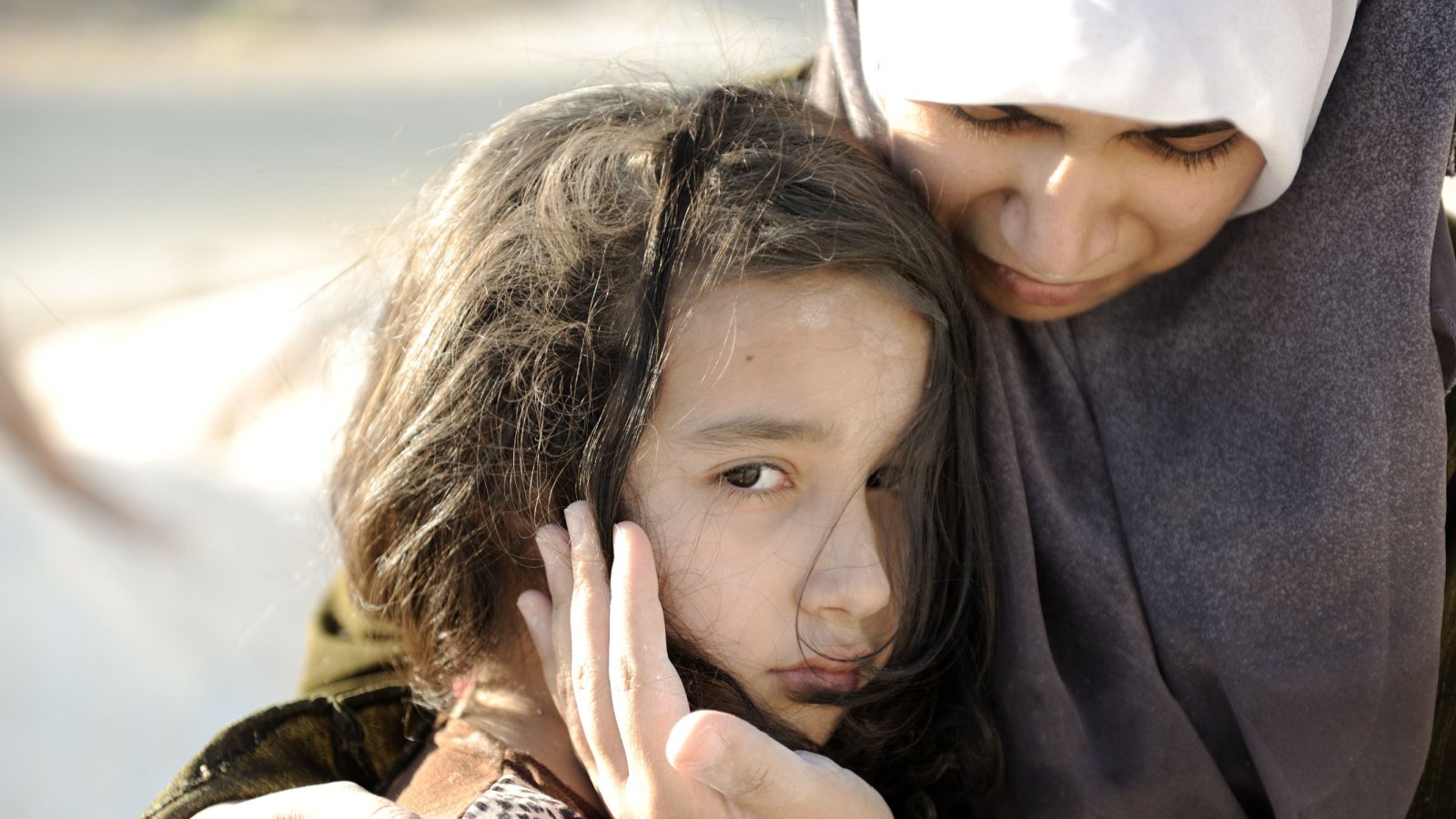
The war has caused immense destruction in Gaza, displacing a large portion of its population. The crisis has escalated fears of famine and exacerbated the suffering of civilians caught in the conflict.
Efforts to Address the Crisis
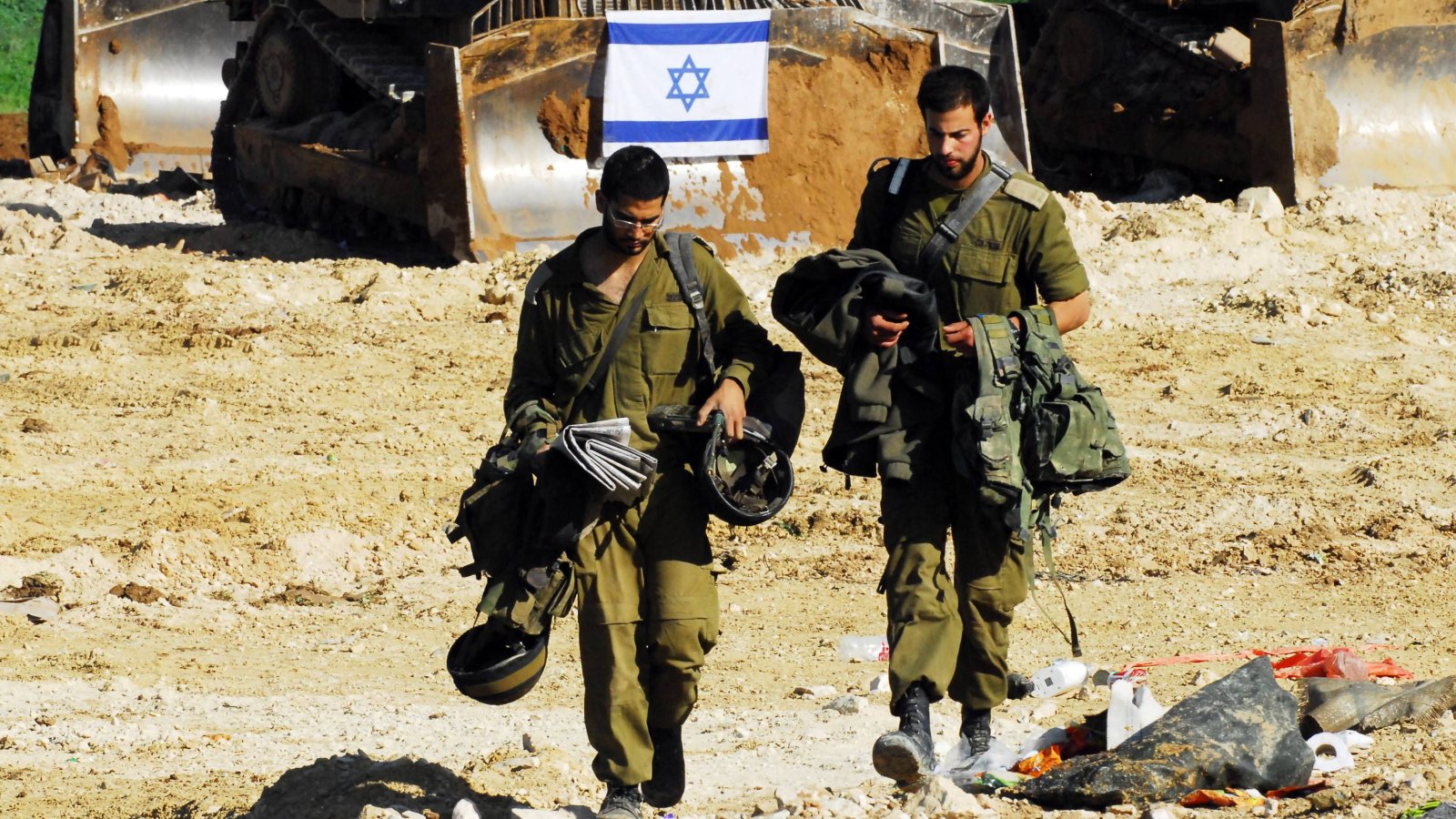
Negotiations for a ceasefire are seen as a critical step towards alleviating the humanitarian crisis in Gaza. By allowing aid deliveries and facilitating the release of hostages, there is hope for some relief in the region.
International Reactions
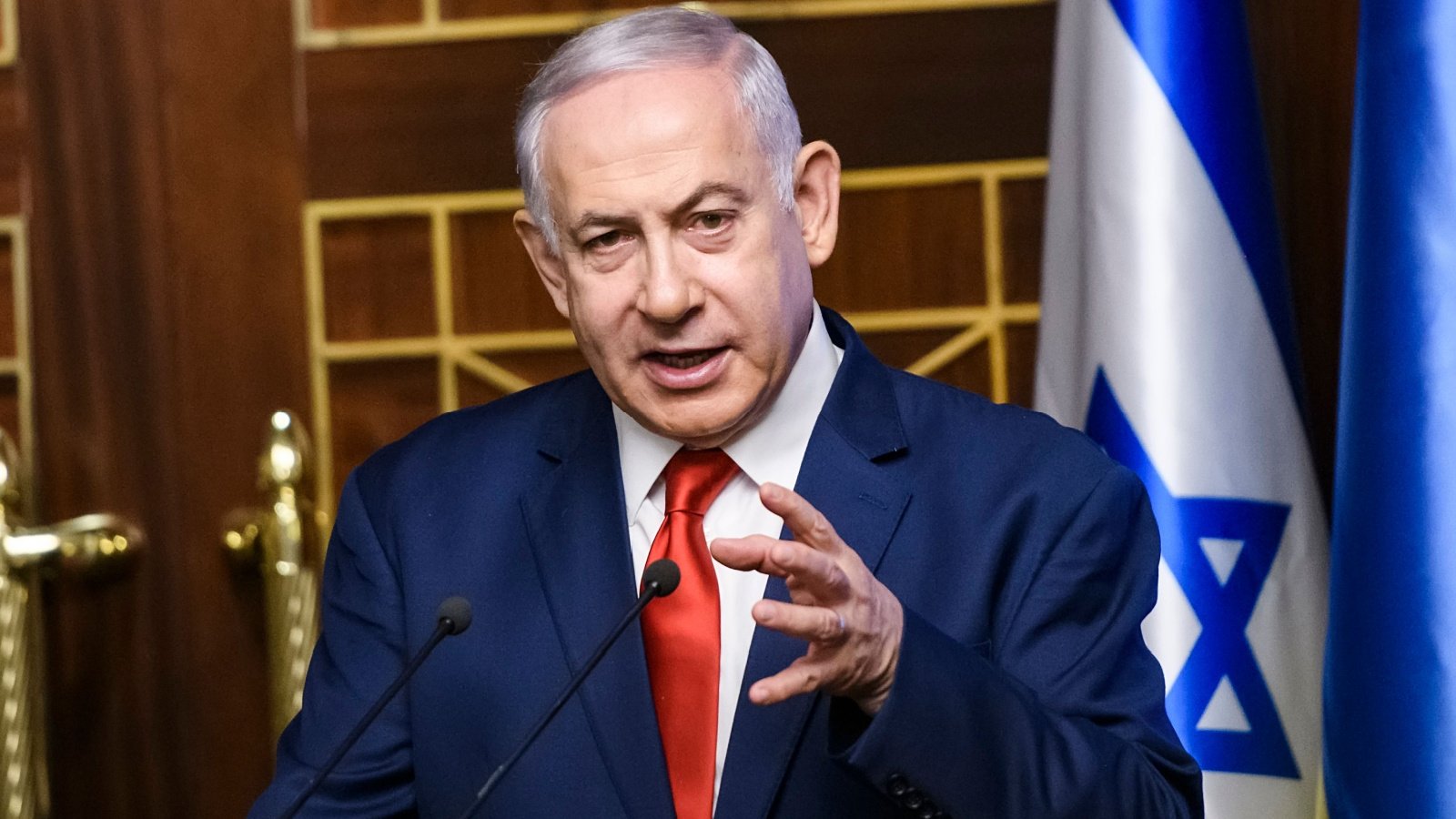
Global concern over the situation has prompted calls for Israel to ensure the protection of civilians in its operations against Hamas. The unfolding crisis has drawn attention from around the world, highlighting the need for a swift resolution.
Prospects for Reform
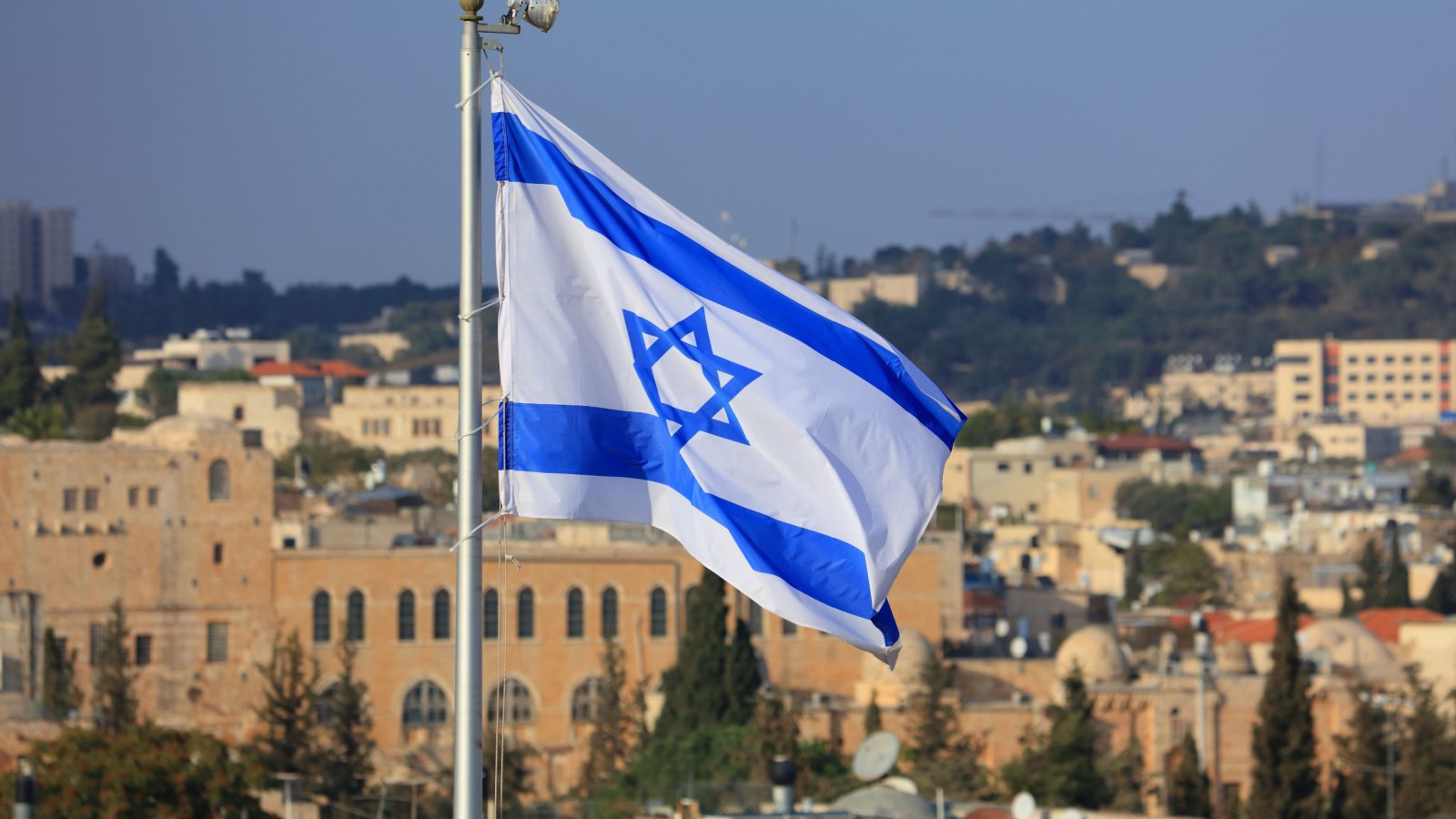
The resignation of the Palestinian Prime Minister and subsequent political developments hint at potential reforms. These changes are seen as essential for governance and stability post-conflict, with implications for the future of the region.
The Role of Humanitarian Organizations

Aid organizations are working tirelessly to deliver assistance to those affected by the conflict. Their efforts are crucial in addressing the immediate needs of the population and mitigating the humanitarian disaster in Gaza.
Looking Ahead
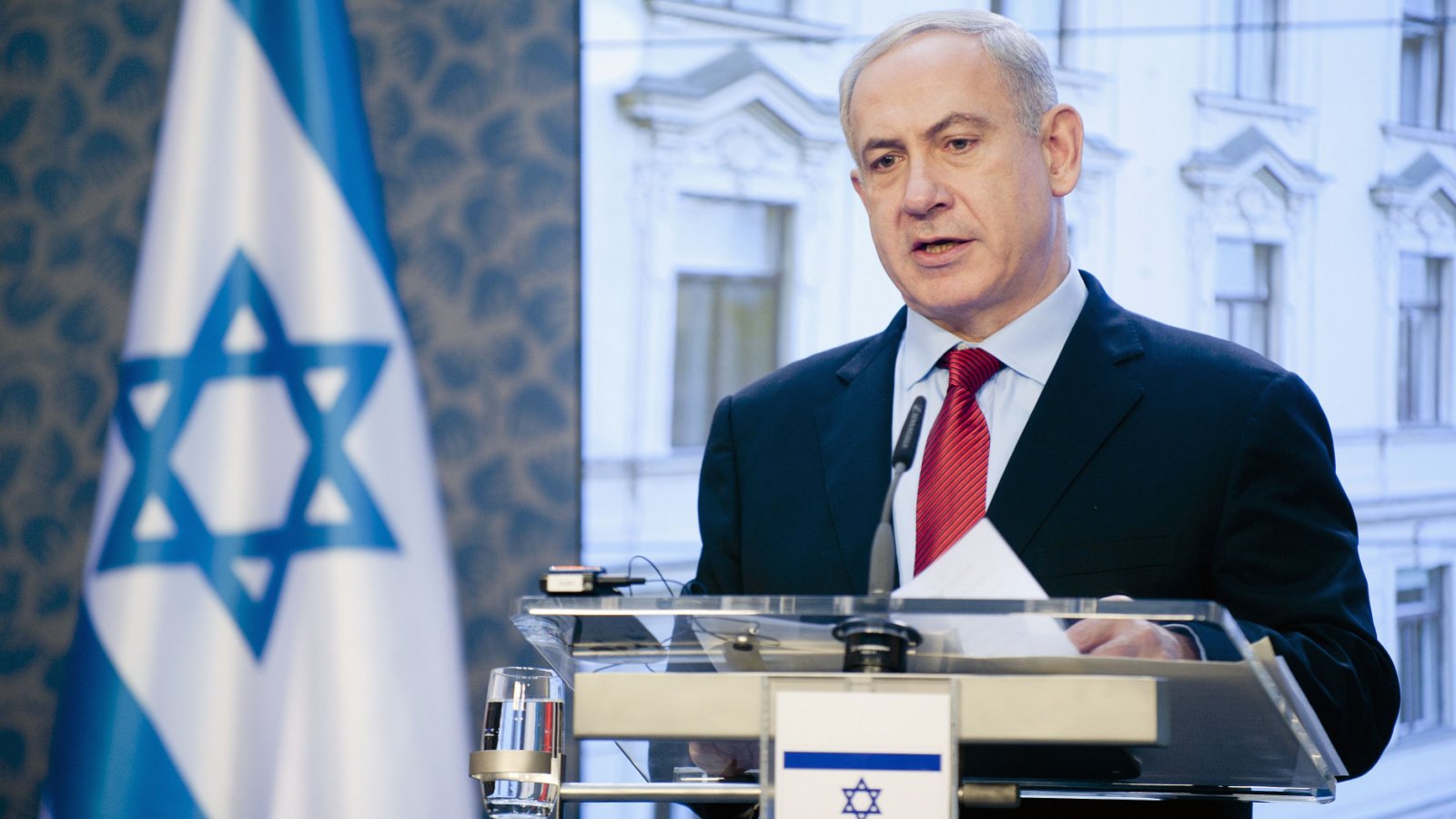
As negotiations continue, the hope for a ceasefire remains a beacon for peace in the region. The coming days are critical in determining the course of action that will be taken to bring an end to the hostilities and provide much-needed relief to the people of Gaza.








WhatsApp web’ https://www.ws-cwm-whatsapp.com Share practical jokes with friends on WhatsApp Web. . Date: 2026-01-14 00:21:44 (-03).
Awesome post! Join the fun at https://www.web-koi-whatsweb.com 使用 WhatsApp 網頁版,快速和團隊分享項目文件,提昇效率。 . Date: 2026-01-14 16:02:12 (-03).
WONDERFUL Post.thanks for share..extra wait .. …
I enjoy your writing style genuinely enjoying this internet site.
I like this website so much, bookmarked.
Hi there, You’ve done a fantastic job. I’ll certainly digg it and personally recommend to my friends. I’m sure they’ll be benefited from this web site.
Amazing! This blog looks just like my old one! It’s on a totally different topic but it has pretty much the same layout and design. Excellent choice of colors!
I have recently started a website, the info you provide on this site has helped me greatly. Thanks for all of your time & work.
I do not even know how I ended up here, but I thought this post was great. I don’t know who you are but definitely you’re going to a famous blogger if you are not already 😉 Cheers!
certainly like your website but you have to check the spelling on quite a few of your posts. Several of them are rife with spelling problems and I find it very bothersome to tell the truth nevertheless I’ll certainly come back again.
Hi there, I found your website by way of Google whilst looking for a similar subject, your website got here up, it appears to be like good. I have bookmarked it in my google bookmarks.
Hello, you used to write wonderful, but the last few posts have been kinda boringK I miss your super writings. Past few posts are just a little out of track! come on!
Awesome website you have here but I was curious if you knew of any message boards that cover the same topics discussed in this article? I’d really like to be a part of online community where I can get responses from other experienced individuals that share the same interest. If you have any suggestions, please let me know. Bless you!
Would love to forever get updated great web blog! .
Someone necessarily help to make significantly posts I would state. This is the very first time I frequented your web page and thus far? I amazed with the research you made to create this actual post incredible. Wonderful activity!
I’ve been absent for a while, but now I remember why I used to love this blog. Thank you, I’ll try and check back more frequently. How frequently you update your web site?
Its like you read my mind! You seem to know so much about this, like you wrote the book in it or something. I think that you could do with some pics to drive the message home a bit, but other than that, this is fantastic blog. A fantastic read. I’ll certainly be back.
You actually make it seem really easy together with your presentation however I find this matter to be actually one thing that I think I’d never understand. It sort of feels too complex and extremely broad for me. I am looking forward to your subsequent submit, I’ll attempt to get the dangle of it!
Hi my friend! I want to say that this article is amazing, nice written and come with almost all important infos. I would like to peer extra posts like this.